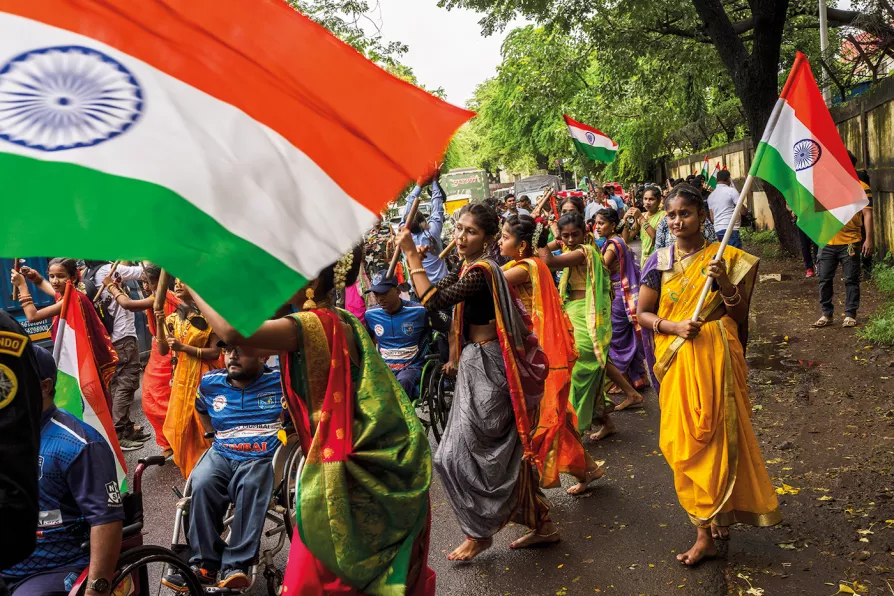Does widespread and uncontrolled use of AI change our relationship with scientific meaning? Or with each other? ask ROX MIDDLETON, LIAM SHAW and MIRIAM GAUNTLETT


TODAY Indians will unfurl the tricolour to celebrate the 75th anniversary of our independence. The Indian freedom struggle has not only shaped India as a modern constitutional democracy but also shaped the nature of our state, society and citizenship.
The anti-colonial, anti-capitalist, anti-feudal and anti-imperialist struggle were the four pillars of India’s cause — they laid the foundation of our sovereign nation state and created a promise to pursue a society based on socialist, scientific and secular values, to ensure egalitarian citizenship rights without any form of discrimination.
These inalienable values are central to the unity, integrity, peace, prosperity and progress of India as a multicultural society and secular state.

Modi has rolled out the carpet for the Taliban in New Delhi — and we shouldn’t be surprised. They have more in common than you might think, argues Bhabani Shankar Nayak

Indian communist leader MA Baby considers the chilling escalation of violence against minorities and increasing impunity for their attackers under the Modi regime











